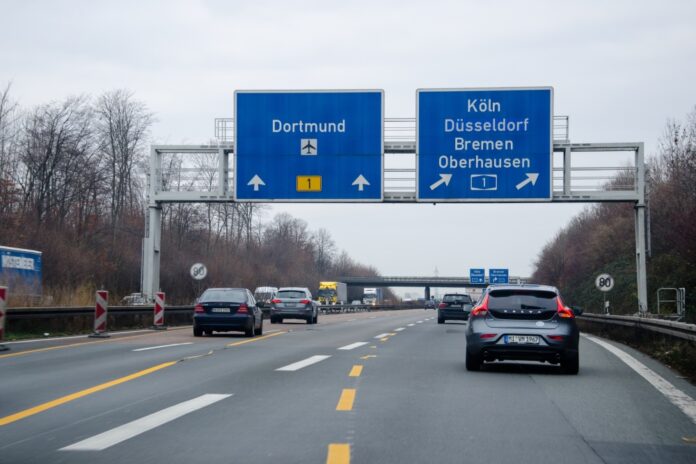Research paves way for pan-European, cross-border automation of vehicles
A European Commission (EC) funded project claims to have achieved a breakthrough in its bid create connected and automated mobility (CAM) services across Europe.
In the exercise researchers managed to keep cars connected as they cross France, Germany and Luxembourg. The simple, short journey could be a massive leap across the barriers to automation. For years operators and automators have struggled to perfect industrial strength cohesion across national borders and between different networks.
The Fifth Generation Cross-Border Control (5GCroco) project is backed by €17 million from the EC with the brief to conduct 5G connectivity tests and trials on Europe’s roads. The objective is to see if connectivity works in real-life, as opposed to lab conditions.
Automation across the nations
Ultimately, they want to achieve perfect continuity as connected cars and other Internets of Things straddle different countries. Currently, the handover between mobile operators and countries is too unwieldy and subject to delays, claims 5GCroCo. The added latency is a spanner in the works of automated industry.
Yesterday, the project’s participants demonstrated three workable use cases in the corridor areas that cross three countries and two national borders. The experiment connected the cities of Metz, Merzig and Luxembourg in France, Germany and Luxembourg.
The three use cases 5GCroCo claims to have demonstrated were tele-operated driving (ToD), high definition map generation and distribution for automated vehicles (HD Mapping) and anticipated co-operative collision avoidance (ACCA). All uses cases will only operate if sensor data is not held up by difficult handovers between networks.
Protocols across the border
The 5G Public Private Partnership (5G PPP) involves 24 telecoms and automotive industry partners from seven European countries. 5GCroCo co-ordinates contributions from leading car manufacturers, tier-1 suppliers, road authorities, mobile network operators, telecom vendors, and academia.
With many industries stymied by unreliable connectivity this initial research could pave the way for further development. The initial objective, says 5GCroCo, is to validate key 5G technologies in challenging situations where connected devices, such as cars, are crossing borders and connections between countries, comms services, other vehicles and other equipment makers (OEMs).
5GCroCo will set standards
The project’s focus is on ‘cutting-edge’ tech like 5G New Radio, service continuity, the cloud, mobile edge computing, end-to-end and predictive Quality-of-Service, network slicing, virtualisation and network support for precise positioning and security.
Before it can create new business modelsthe project will influence standards definitions as its feedback informs the policy makers involved in spectrum regulation. The logic is that the success of 5G hinges on the project’s findings on connected and automated mobility (CAM) services.
The impact of 5GCroCo will be seen in the standardisation of the telecoms and the automotive industries through 3GPP, ISO and other bodies, it claims.
“5GCroCo is thus contributing to the consolidation of Europe’s leading role in 5G technology, paving the way for the commercial deployment of 5G for CAM in Europe and worldwide,” said an EC statement.


